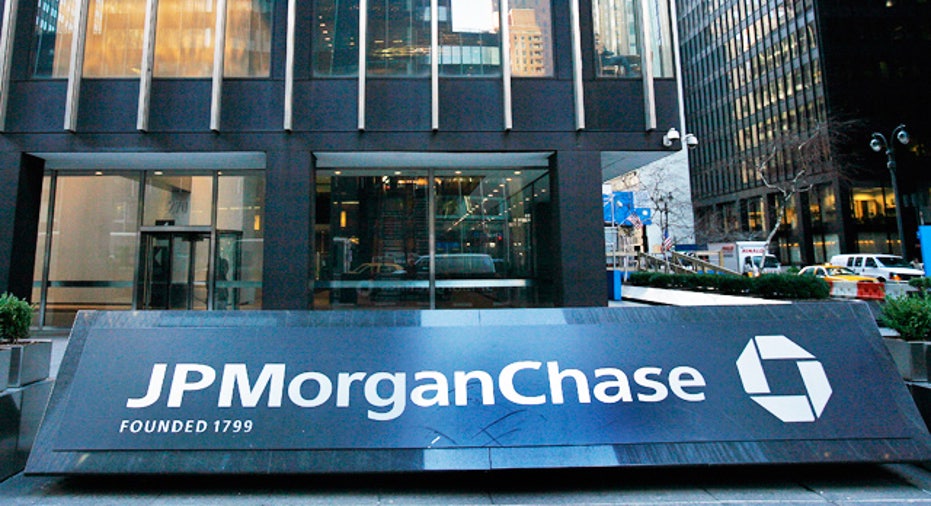J.P. Morgan 2Q Profit Falls on Trading Loss

JPMorgan Chase (NYSE: JPM) on Friday reported second-quarter earnings of $5 billion, down 9% from a year ago, as the largest U.S. bank struggles to bounce back from a multibillion loss on a bad hedging bet.
In connection with that bet, JPMorgan said it will restate first-quarter earnings, lowering the figure by $459 million, due to suspicions that traders in the office where the bad trades occurred may have lied to hide the full extent of the losses.
In a statement released Friday morning, JPMorgan said: “The firm has recently discovered information that raises questions about the integrity of the trader marks and suggests that certain individuals may have been seeking to avoid showing the full amount of the losses in the portfolio during the first quarter.”
The bank also provided an updated figure for the amount of money lost during the second quarter in complex derivatives trades in JPMorgan’s London-based Chief Investment Office. The newest figure is $4.4 billion in losses, or more than double the $2 billion amount the bank initially announced in May.
For the full year, losses related to the bad trades now total $5.8 billion.
Investors seem to feel JPMorgan is putting the episode behind it. The bank’s shares rose $1.38, or 4.05%, to $35.42 in trading on the New York Stock Exchange amid a broader stock market rally.
In a conference call with investors and the media Friday morning, JPMorgan CEO Jamie Dimon reiterated his position that the losses in the CIO ofice were isolated.
“We don’t take it lightly,” Dimon said. “This has shaken our company to the core.”
Dimon said the entire CIO management team has been replaced and that the review of the bad trades is continuing. The trader known as the “London Whale,” widely reported to have spearheaded the bad trades, is no longer with the bank, the Wall Street Journal reported on Thursday.
It was announced Friday that Ina Drew, who headed the CIO office and has stepped down since the losses were discovered, will return some of her past pay, what’s known on Wall Street as a clawback.
As well, the CIO is no longer participating in risky derivatives trades, focusing instead on more conservative strategies, bank executives said.
During the conference call JPMorgan executives took pains to acknowledge the mistakes made in that aspect of the bank’s business.
The entire episode has been an embarassment to the bank and its high-profile leader, Dimon. Since the losses were revealed in May Dimon has had to endure two lengthy Congressional grillings and has spent countless hours explaining how the mistakes occurred and what the bank is doing to remedy the problems and ensure that it never happens again.
The incident also worked against Dimon’s longstanding and vocal criticism of efforts to place further restrictions on the financial system.
Overall, JPMorgan reported net income of $4.96 billion, or $1.21 a share, compared with $5.43 billion, or $1.27 a share, a year earlier. Results for both periods included special items. Revenue for the quarter totaled $22.9 billion, down 16% from $27.4 billion in 2011.
The derivative loss after taxes reduced earnings per share by 69 cents, the company said.
On an adjusted basis, JPMorgan earned 67 cents a share, well below analysts projected estiamtes of 76 cents a share.



















